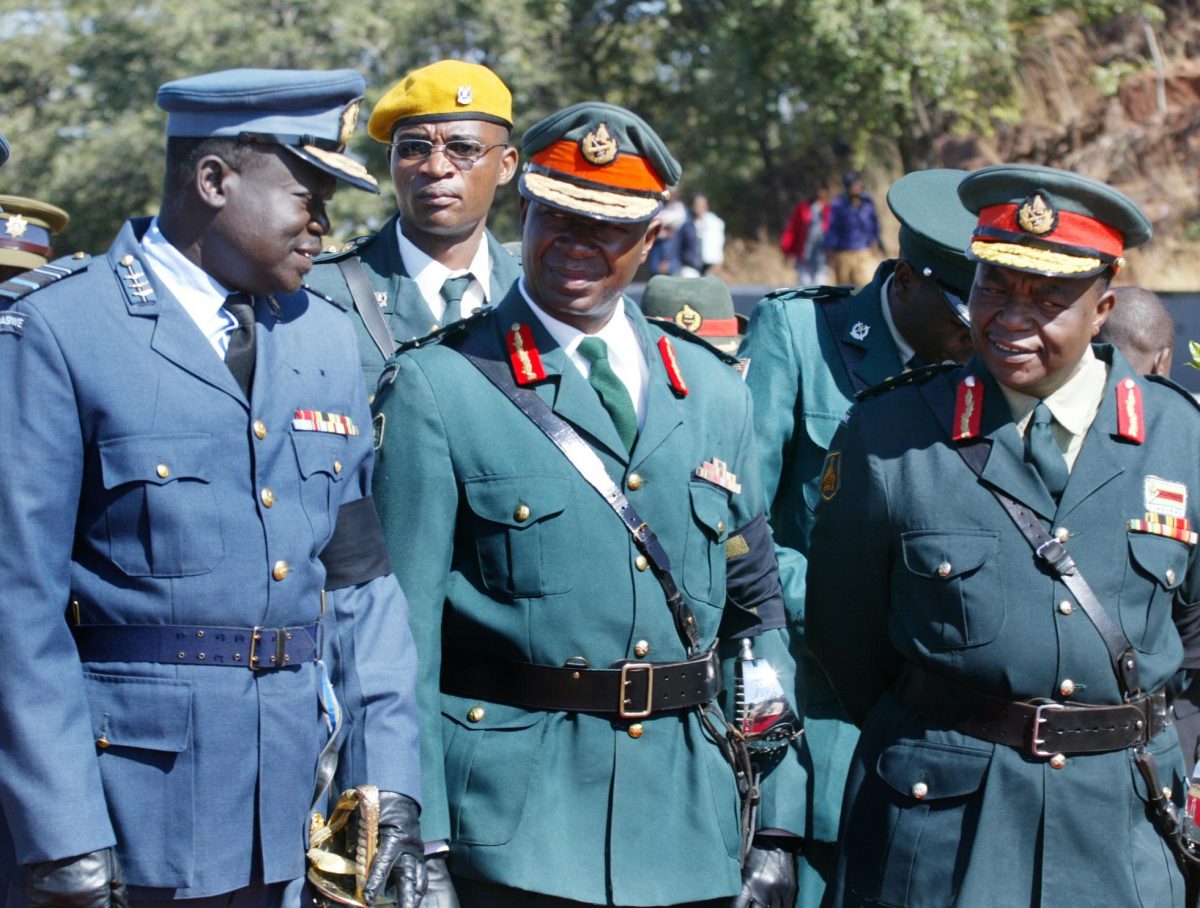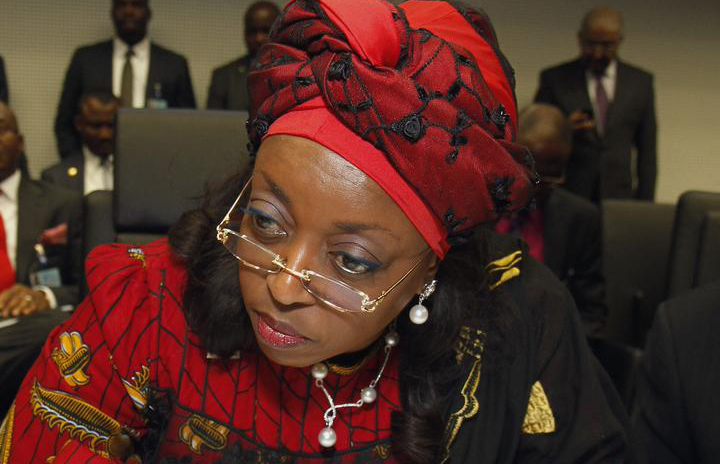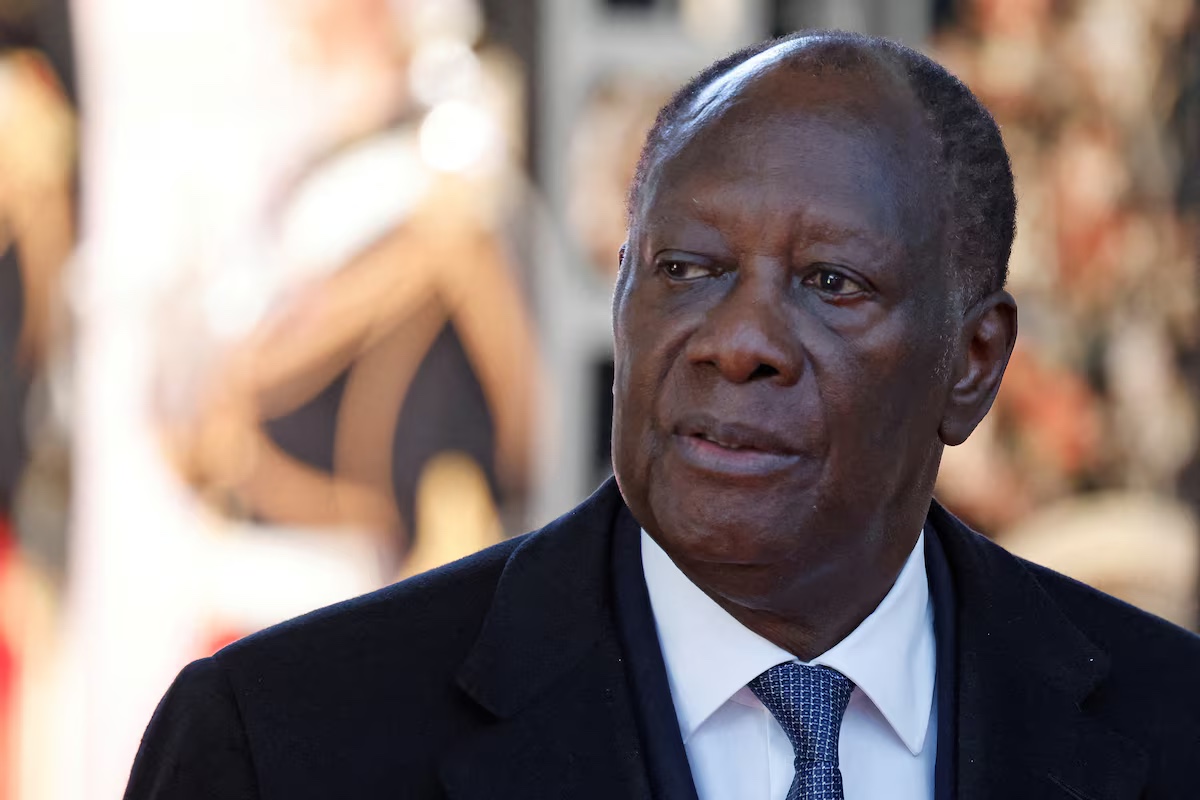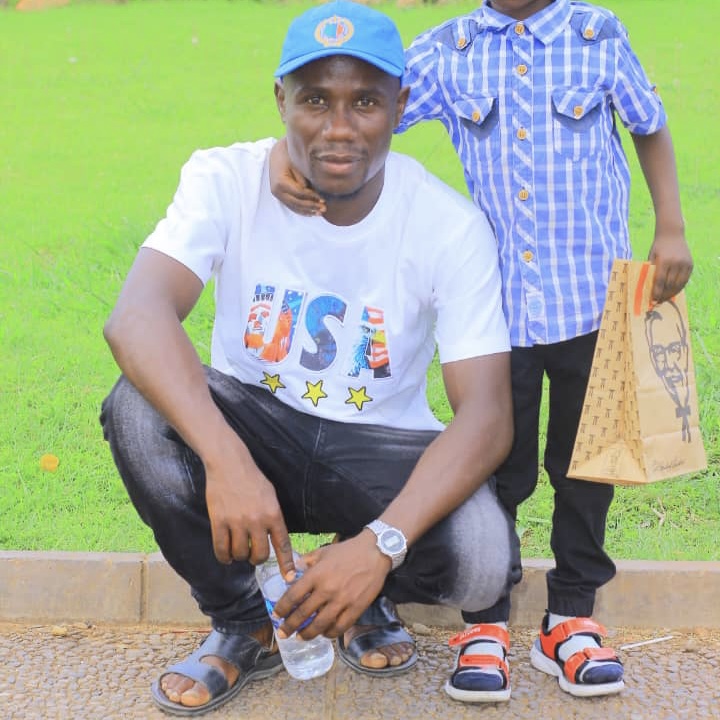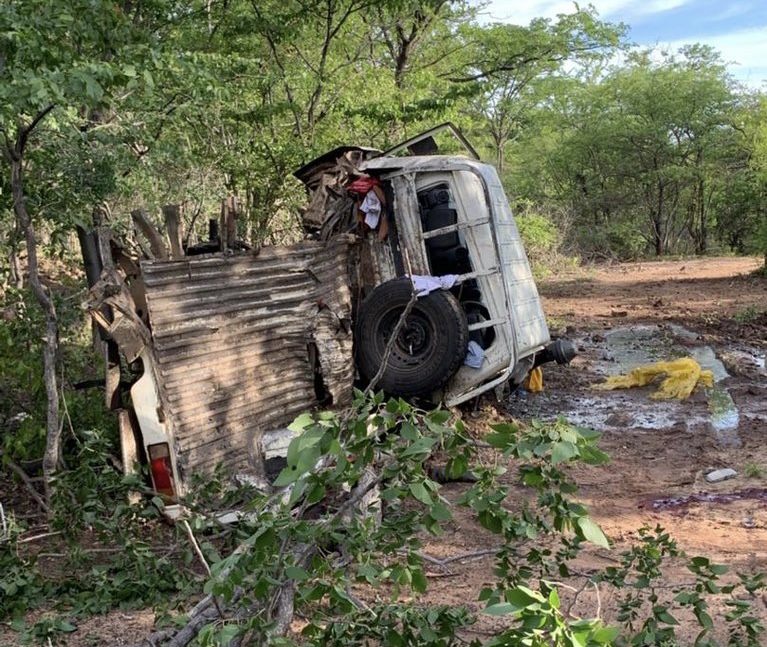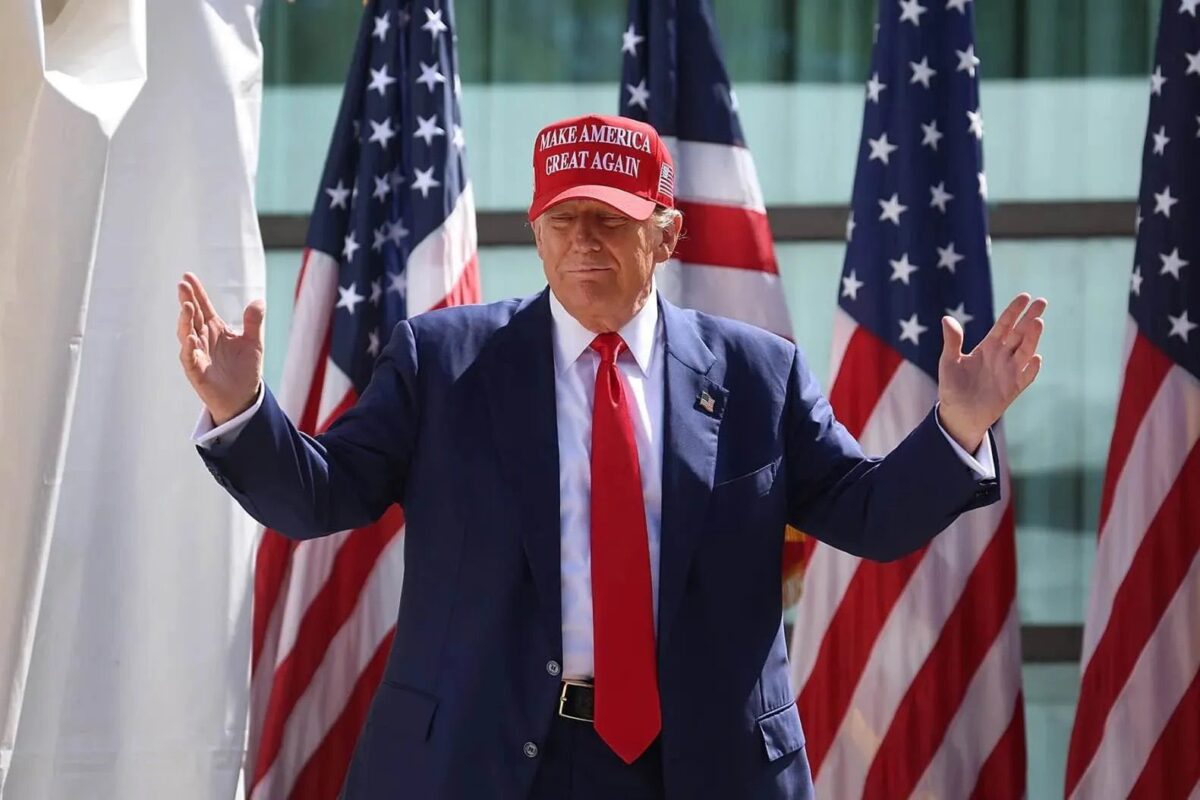HARARE – Amy chief General Phillip Valerio Sibanda DID NOT deploy soldiers who killed seven people on the streets of Harare on August 1, a shock new report says.
Zimbabwe’s top soldier confronted President Emmerson Mnangagwa demanding answers after army tanks, armoured vehicles and a military helicopter swooped on opposition protesters in central Harare.
By the end of the operation, dozens of protesters were injured and at least seven people were dead.
On Tuesday, Bloomberg News reported on its website that General Sibanda “is demanding to know who ordered troops last week to break up protests against the ruling party’s election victory and why he wasn’t informed about the decision.”
Bloomberg’s reporting came as an influential Member of Parliament in Britain, Kate Hoey, said Zimbabwe should remain under international sanctions “until at the very minimum [Vice President] Constantino Chiwenga is removed from his Vice Presidency and his control of the military.”
Mnangagwa has already said he was unaware of the troop deployment, and police later came out, in a statement, saying they had asked troops for back-up in breaking up protests targeting the Zimbabwe Electoral Commission for delaying the announcement of Presidential Election results.
But Zimbabwe’s constitution requires Mnangagwa, as President, to authorise any deployment of soldiers. It left many in the country wondering whether Mnangagwa was really in charge, with attention quickly shifting to Chiwenga, who until last November was the Commander of the Zimbabwe Defence Forces, leading a military coup that toppled former President Robert Mugabe.
The coup was allowed to hold, with many in the international community desperate to see Mugabe’s back.
After his “thank you” promotion to be Vice President, and the elevation of his coup acolytes to key government positions, Chiwenga refused to vacate his office at Defence House, the military headquarters.
Bloomberg reports that General Sibanda met Mnangagwa, his advisers and intelligence chiefs on August 3 – the day his narrow victory over opposition challenger Nelson Chamisa was announced – and demanded to know who had authorised the soldier deployment.
“At the meeting with the President, Sibanda, a respected figure who commanded a multinational peace-keeping force in Angola, also wanted to know the identity of armed men dressed in ragtag uniforms that were shown on social media beating people and riding in military vehicles,” Bloomberg reports.
“He said publicly that no Zimbabwean soldier was ordered to fire on unarmed civilians and no such directive would ever be given.”
Citing senior government officials, Bloomberg said Sibanda, 61, “also demanded that Mnangagwa, who is the commander-in-chief of the armed forces, ensure members of the ruling party don’t involve themselves in military affairs and the police do their job without relying on the army’s support.”
Adding to the intrigue, General Sibusiso Moyo, who was the face of the coup after announcing the operation on state television back in November, and now Zimbabwe’s Foreign Affairs Minister, said on Tuesday: “We’re witnessing what are purported soldiers, but they’re not soldiers, and we’re very busy investigating this.”
The soldiers who rampaged through Harare have been identified by some as from the Presidential Guard.
The street killings in Harare were captured by journalists. One video broadcast by ITV in Britain showed a soldier opening fire on protesters, before kneeling down to take better aim.
SABC broadcast a video showing a soldier trying to stab a man with a bayonet attached to the muzzle of his gun.
Hundreds of still images went around the world showing the soldiers beating up Harare residents with crude weapons designed to inflict maximum injury.
Human rights organisations have also received numerous reports from Harare residents that men in military uniforms went door-to-door seeking members of the opposition Movement for Democratic Change and beating up many of them.
The police and army were scheduled to address a joint press conference on Sunday afternoon, but it never took place. The ZBC later cited police spokeswoman Senior Assistant Commissioner Charity Charamba as saying the briefing had been postponed to a later date due to “circumstances beyond their control”.

